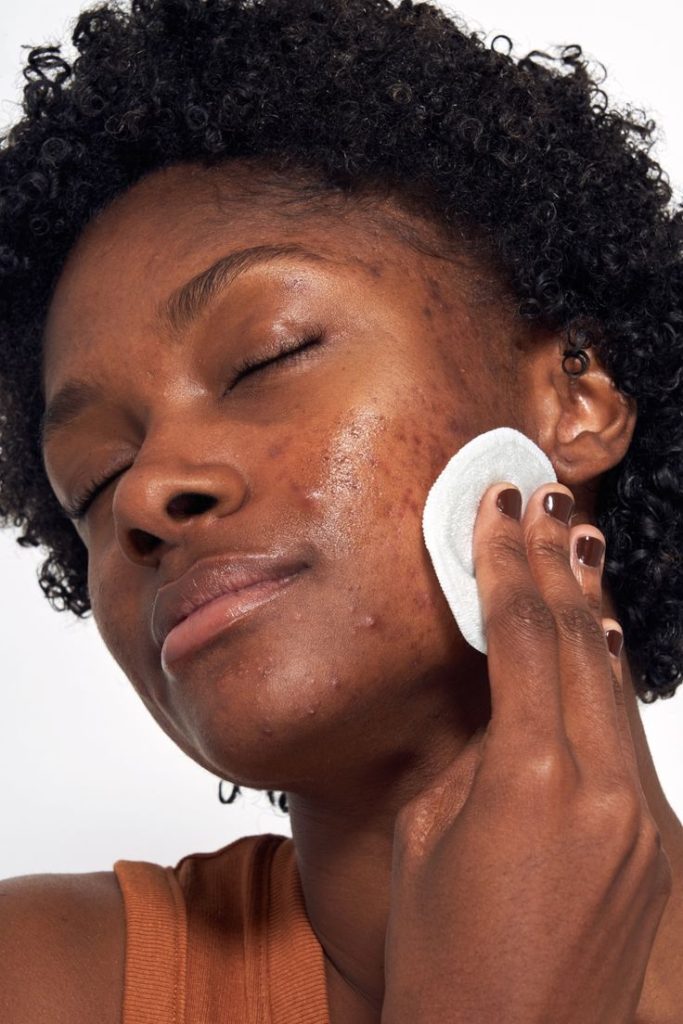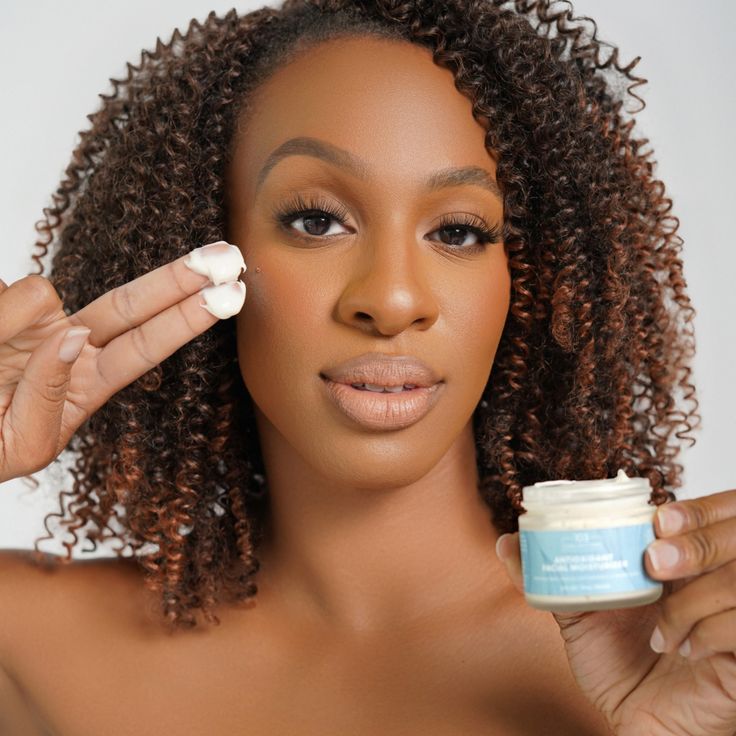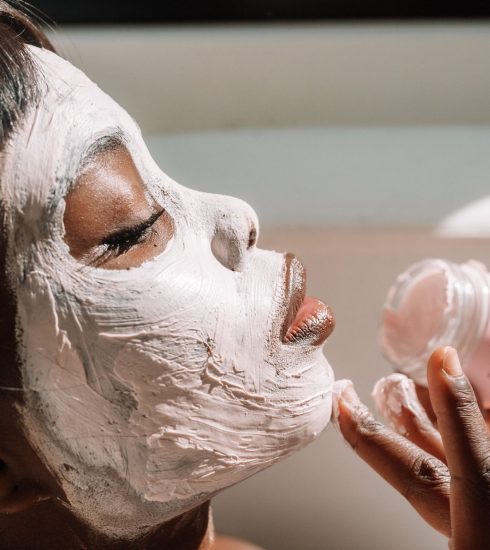6 Ways to Lower Cortisol Levels on The Face
Stress manifests in various ways, and our faces are among the most unexpected areas it may damage. You’ve heard of cortisol, the stress hormone that greatly influences our body’s reaction to stress. But did you know that cortisol can also affect your skin? The term “cortisol face” describes how excessive cortisol levels can manifest as problems with the skin, including dullness and puffiness. Cortisol may be the cause of changes in your skin if you’ve been under stress. We’ll define “cortisol face” in this article and provide six simple, practical methods to lower cortisol levels and improve the appearance of your face.

WHAT IS CORTISOL FACE?
The hormone cortisol is released in reaction to stress and is produced by the adrenal glands. Cortisol assists your body in controlling numerous functions during times of stress, including your immune system and metabolism. Nevertheless, prolonged elevated cortisol levels might be harmful to your skin. Inflammation from high cortisol can result in puffiness, breakouts, and other skin issues, including dullness and early ageing. Symptoms of a cortisol face include a puffy or swollen face, breakouts and acne, dry or dull skin, dark circles under the eyes, redness or inflammation, and early wrinkles.
WAYS TO REDUCE YOUR CORTISOL LEVEL?
(1) GET ENOUGH SLEEP
Getting enough sleep is one of the most essential and easiest strategies to reduce cortisol levels. When you don’t get enough sleep, your body creates extra cortisol, which can manifest on your face as dark circles or puffiness. Aim for seven to nine hours of good sleep each night. You can establish a regular bedtime habit by going to bed at the same time every night, putting gadgets away early, and maintaining a peaceful and cosy resting environment.

(2) MANAGE YOUR STRESS WITH RELAXATION TECHNIQUES
Since stress is the primary cause of elevated cortisol levels, managing stress can significantly lessen its adverse effects on your appearance. Calming techniques such as yoga, meditation, or deep breathing can help you produce less cortisol. When you’re feeling overwhelmed, even something as easy as taking five deep breaths can help.

(3) EAT A BALANCED DIET RICH IN ANTIOXIDANTS
Your cortisol levels might also be impacted by what you consume. Antioxidant-rich foods such as fruits, vegetables, nuts, and seeds can help reduce inflammation brought on by high cortisol levels. Consuming foods high in antioxidants, such as berries, almonds, and leafy greens, can help shield your skin from the detrimental effects of cortisol.

(4) STAY HYDRATED
Adequate water consumption is vital for general health and helps regulate cortisol levels. Dehydration can make skin appear dull and exhausted and even increase cortisol levels. For balanced cortisol levels and hydrated skin, consume eight glasses or more of water daily.

(5) EXERCISE REGULARLY
Even though balance is important, exercise is an excellent strategy for reducing cortisol levels. Light to moderate exercises, like yoga, jogging, swimming, or strolling, can help lower cortisol levels, but rigorous activities can occasionally raise them. To maintain healthy cortisol levels and naturally glowing skin, try to get in at least 30 minutes of moderate activity each day.

(6) USE SKINCARE PRODUCTS WITH ANTI-INFLAMMATORY INGREDIENTS
You can lessen the noticeable effects of cortisol on your face by using skincare products that target inflammation. Seek products with niacinamide, aloe vera, chamomile, and green tea among their ingredients. These ingredients’ anti-inflammatory qualities help to calm inflamed skin and lessen puffiness.

CONCLUSION
While cortisol face can be an annoying indicator of stress, it can be easily controlled in several ways. You may lower your cortisol levels and enhance the appearance and health of your skin by implementing easy lifestyle changes like getting enough sleep, controlling stress, maintaining hydration, eating a balanced diet, exercising, and utilizing the correct skincare products. Remember that having healthy skin requires taking good care of your body. Reducing cortisol levels is important for your well-being, not just your appearance.

Dorcas Akintoye is a versatile writer with a passion for beauty, fashion, relationships, and culinary delight. With a keen eye for detail and a passion for storytelling, she adds a touch of elegance to every topic she explores. She is a writer at THEWILL DOWNTOWN.






